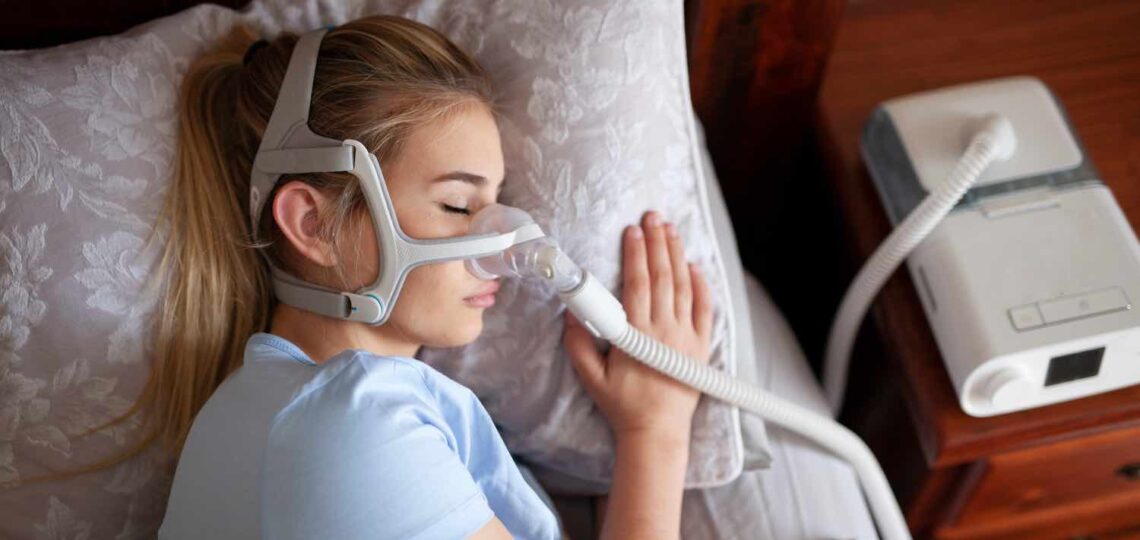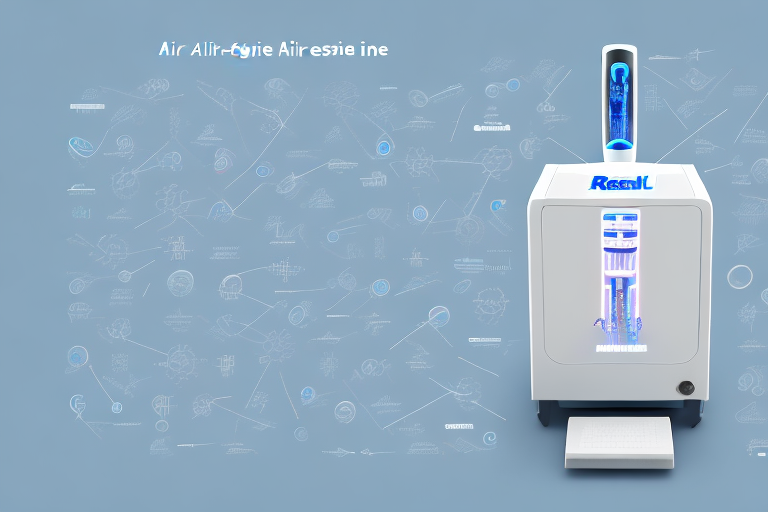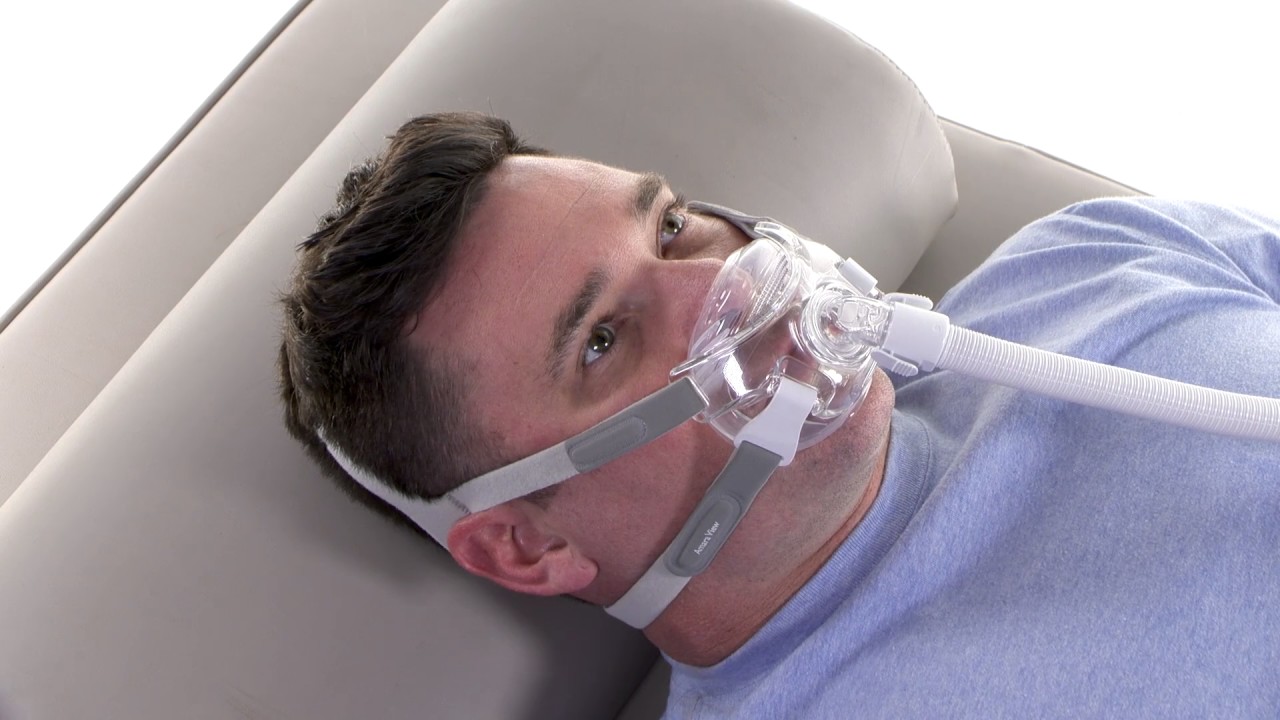For many people who constantly wake up feeling tired, groggy, or irritable — despite getting a full night’s sleep — sleep apnea might be the hidden culprit. This common sleep disorder affects millions worldwide, and if left untreated, it can take a serious toll on your heart, brain, and overall well-being. Fortunately, one of the most effective and widely used treatments today is CPAP therapy — short for Continuous Positive Airway Pressure. In this article, we’ll break down what CPAP therapy is, how it works, and why it’s a game changer for improving sleep health and restoring your energy. What Is Sleep Apnea? Before diving into CPAP therapy, it’s important to understand what sleep apnea is and how…
Category: Sleep Apnea Treatment
Introduction: The Hidden Danger in Your Sleep Sleep is supposed to be a time of rest and repair. But for millions of people, the night becomes a silent struggle for breath. This struggle is known as sleep apnea — a disorder where breathing repeatedly stops or becomes shallow during sleep. While many think of sleep apnea as a single condition, there are actually different types, and understanding them is essential for proper treatment. The two most common are obstructive sleep apnea (OSA) and central sleep apnea (CSA). Both cause disrupted sleep and can lead to serious health issues, including heart problems, stroke, and cognitive decline. But they differ in their underlying causes, symptoms, and treatment approaches. Causes of…
Sleep apnea is a sleep disorder that affects millions of people worldwide. Characterized by interrupted breathing during sleep, this condition can lead to serious complications if left untreated. Over the years, continuous positive airway pressure (CPAP) machines have emerged as the go-to treatment for sleep apnea. Let’s explore the evolution of CPAP machines and their impact on the management of sleep apnea. Understanding Sleep Apnea Sleep apnea is a complex disorder with various underlying causes. In order to grasp the significance of CPAP machines, it is crucial to understand the science behind sleep apnea and its symptoms. The Science Behind Sleep Apnea Sleep apnea occurs when the airway becomes partially or completely blocked during sleep. This obstruction can…
Are you struggling to get the most out of your ResMed AirSense 10 device? Do you feel like you’re not getting the quality sleep you need to feel alert and energized throughout the day? Don’t worry, you’re not alone. Many people find it challenging to navigate the various features and settings on their CPAP machine. That’s why we’ve put together this comprehensive guide to help you unlock the full potential of your ResMed AirSense 10. Let’s dive in! Understanding Your ResMed AirSense 10 Device Before we dive into the tips and tricks, it’s essential to have a basic understanding of your resmed airsense 10 device’s key features and functions. This machine is designed to deliver continuous positive airway…
As a sleep technologist, you often treat people who have sleep apnea. Continuous positive airway pressure, often known as CPAP, is an effective and well-liked treatment for sleep apnea. Patients with sleep apnea use the non-surgical technique to open up their airways while they are sleeping. According to the National Sleep Foundation, the disease affects more than 18 million Australians. The fact that the community of sleep technologists is so acquainted with the CPAP problem should thus not be surprising. Another well-known truth is how crucial it is to encourage your patients to continue their medication. In this article, we’ll examine the importance of CPAP adherence, the factors that make it difficult for patients to stick to treatment…
Although millions of people have sleep apnea, few people get it tested because they believe that snoring constantly is normal. The most prevalent kind of undiagnosed sleep apnea is called obstructive sleep apnea, or OSA. By temporarily obstructing your airway and causing you to snort while you sleep, OSA is caused by soft tissues in your throat and jaw moving backward. In addition to snoring, untreated OSA may cause additional problems. Over time, many patients begin to experience additional symptoms such recurrent headaches, brain fog, insomnia, and daytime drowsiness. They could even start performing badly on routine chores and at work. First things first If you often snore or believe you may have OSA, discuss this with your…






